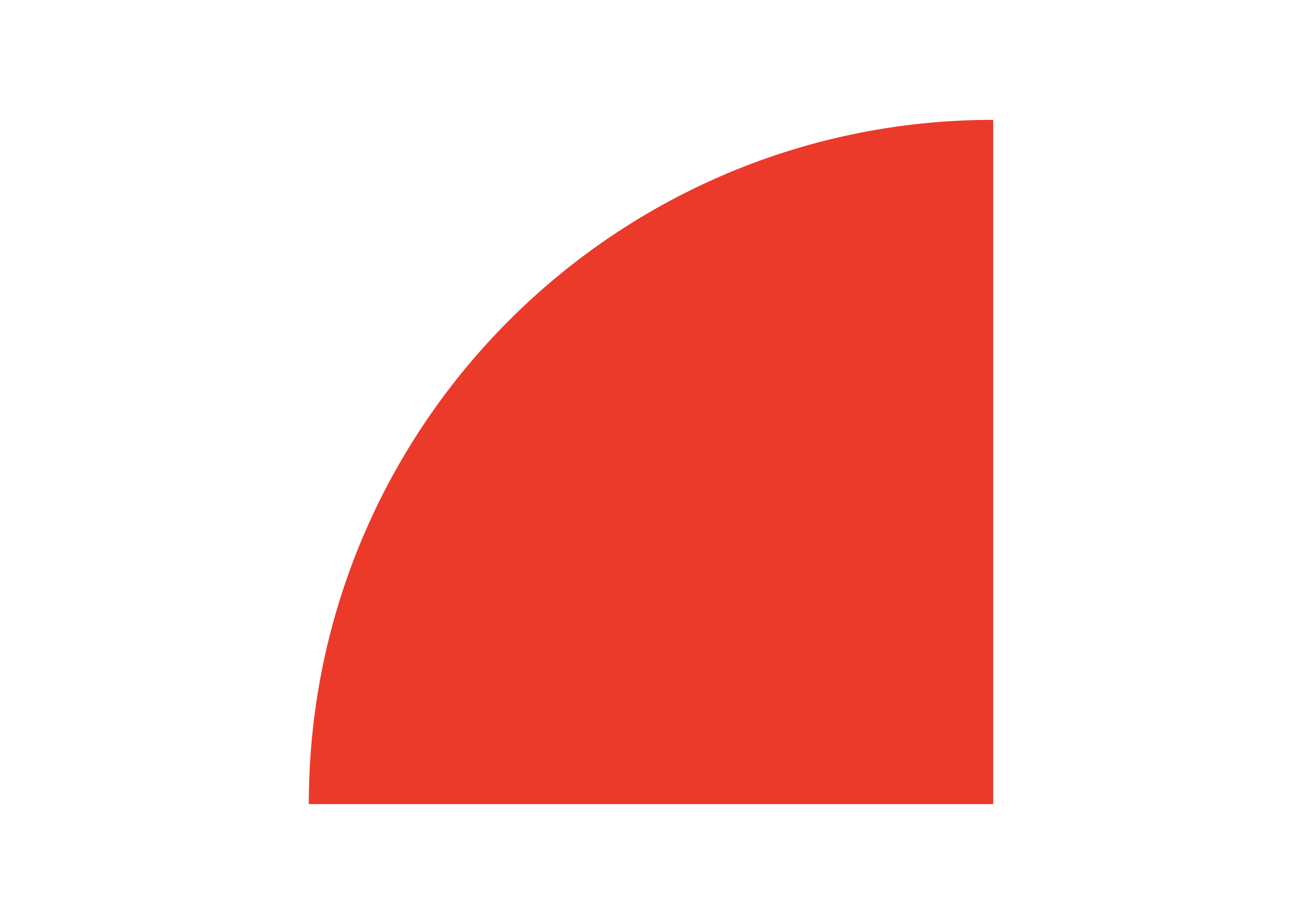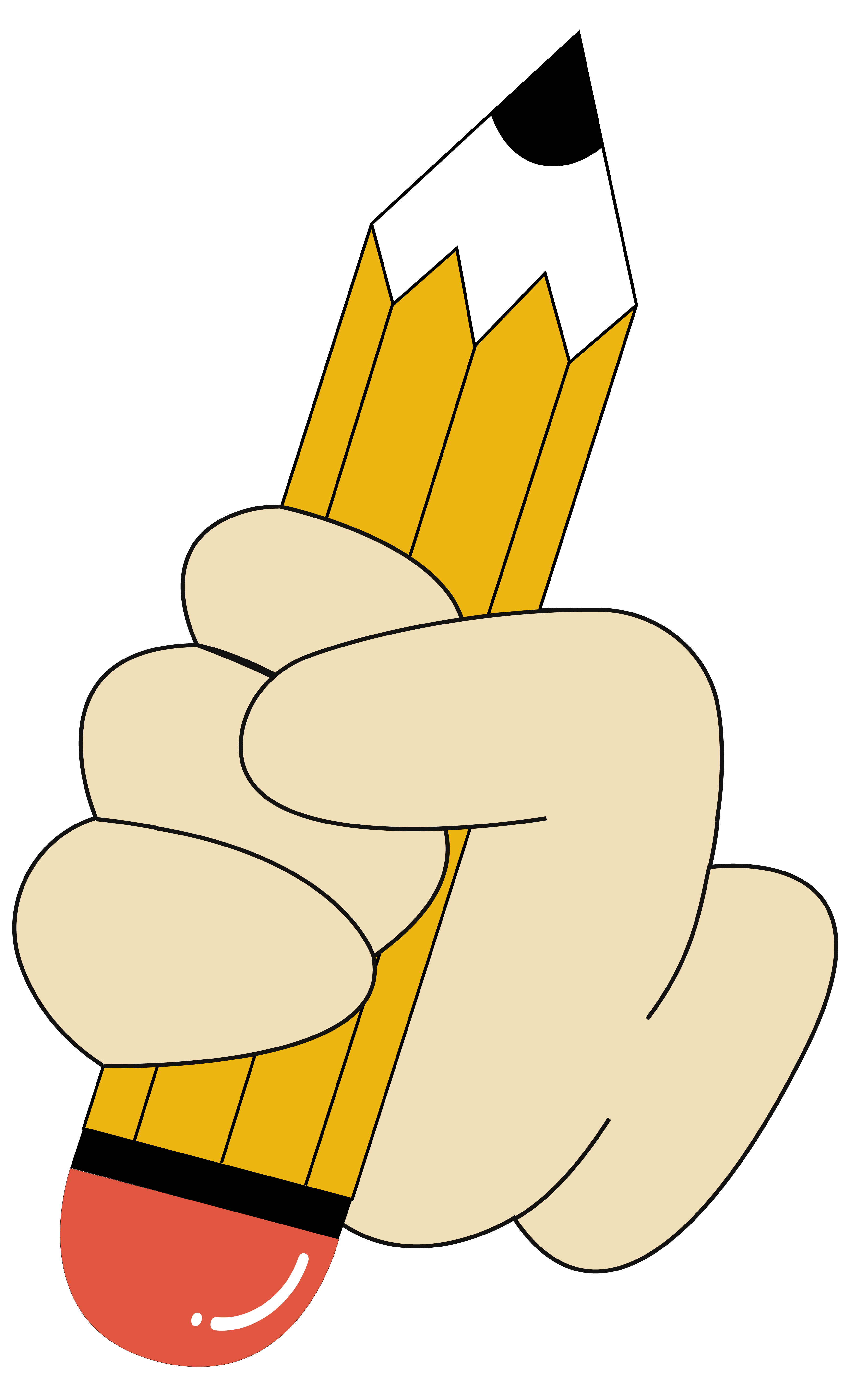CLASSES
 Class types: lectures (CM in French) and Directed Work (TD in French)
Class types: lectures (CM in French) and Directed Work (TD in French)
CM (lectures) are often given in auditoriums.
TD (directed work) are given in front of small groups of students. They can serve as an application and explanation of teaching in CM.
 It is mandatory to attend all classes as part of the continuous assessment.
It is mandatory to attend all classes as part of the continuous assessment.
Build your schedule IG.Web
The IG.Web application allows you to create, consult and print your timetable.
It is accessible via the digital workspace (ENT) > Mon dossier étudiant file section and can only be used during specific periods.
It is not possible to modify a TD lesson schedule except in the case of specific arrangements (see Special student support services ). In case of difficulty, contact the department concerned.
 Most license UEs and a number of master UEs are available on the application. If this is not the case, you must contact the relevant department directly.
Most license UEs and a number of master UEs are available on the application. If this is not the case, you must contact the relevant department directly.
 From course unit (UE in French) to degree
From course unit (UE in French) to degree
Each degree is organized in semesters. Each semester is made up of teaching units (UE).
The diploma corresponds to a mention and consists of three years (L1, L2, L3).Each year has two semesters.
Chaque année comporte deux semestres.
The UE (teaching unit) is the basis of your training and your registration. It brings together one or more disciplines. A teaching unit has a code, a title and a certain number of ECTS credits. They are chosen during the registration phase (see Enrollment, switching courses) and appear on your educational registration form.
 To succeed in your course, it is important to clearly identify the EU to which you register.
To succeed in your course, it is important to clearly identify the EU to which you register.
typeS OF UE (teaching unit)
 UE of the major and UE of the minor: In the 1st year of the license, the major is associated with a second discipline, called minor, to be chosen from a proposed list (see choice of UEs in minor). At the end of L1, two choices are possible: continue only the lessons of your major or continue to follow your major and your minor.
UE of the major and UE of the minor: In the 1st year of the license, the major is associated with a second discipline, called minor, to be chosen from a proposed list (see choice of UEs in minor). At the end of L1, two choices are possible: continue only the lessons of your major or continue to follow your major and your minor.
 UE of methodology: obligatory UE whose goal is to help to appropriate the methods of university work.
UE of methodology: obligatory UE whose goal is to help to appropriate the methods of university work.
 UE student project support: Compulsory EU whose objective is to help build one’s training course, further studies, integration, etc.
UE student project support: Compulsory EU whose objective is to help build one’s training course, further studies, integration, etc.
 UE living language (LV) or option: compulsory UE to be chosen from a proposed list (see Options).
UE living language (LV) or option: compulsory UE to be chosen from a proposed list (see Options).
 In L1, the major and the minor are of equal importance in terms of ECTS credits.
In L1, the major and the minor are of equal importance in terms of ECTS credits.
 Choice of UE (teaching units) – Minor subject options based on the major subject chosen
Choice of UE (teaching units) – Minor subject options based on the major subject chosen
 German
German
In L1 only: Modern literature, language sciences
From L1 to L3: Arabic, Catalan, Italian, Occitan, Russian, Portuguese, Spanish
From L2: Didactics of FLE
 English
English
From L1 to L3: Arabic, Catalan, history, French sign language, Italian, modern literature, Occitan, Portuguese, Russian, Spanish, language sciences
From L2: Cinema, FLE didactics, teaching in schools
 Arabic
Arabic
In L1 only: Language Sciences
From L1 to L3: German, English, Catalan, Spanish, History, Italian, Occitan,
Portuguese, Russian
From L2: Didactique du FLE, professorat des écoles
 Catalan
Catalan
In L1 only: Language Sciences
From L1 to L3: German, English, Arabic, Spanish, History, Italian, Modern literature, Portuguese, Russian
 Cinema
Cinema
From L1 to L3:
Performing arts: theater, arts and literature, modern literature, philosophy
 Documentation
Documentation
From L1 to L3: Anthropology-ethnology, history, art history and archaeology, modern literature
 Spanish
Spanish
From L1 to L3: German, English, Arabic, Catalan, Italian, Occitan, Portuguese, Russian, language sciences.
From L2: Didactique du FLE, professorat des écoles
 Geography
Geography
From L1 to L3: Anthropology-ethnology, economics, history, sociology
From L2: Professorat des écoles
 Management
Management
From L1 to L3: Economics, computer science – mathematics, sociology
 History
History
From L1 to L3: Anthropology-ethnology, art history and archaeology, sociology
 Art history and archaeology
Art history and archaeology
In L1 only: Anthropology-ethnology, history, classics, literature and arts
 Italian
Italian
In L1 only: Modern literature, language sciences
From L1 to L3: German, English, Arabic, Catalan, Spanish, Occitan, Portuguese, Russian
From L2: Didactique du FLE, professorat des écoles
 Classics
Classics
From L1 to L3: History, art history and archaeology, modern literature, philosophy
 Literature and arts
Literature and arts
From L1 to L3: Performing arts, art history and archaeology, modern literature,
philosophy
From L2: Cinema
 Modern literature
Modern literature
From L1 to L3: Documentation, French sign language, arts and literature, classics
From L2: Cinema, FLE didactics, teaching in schools
 Miashs
Miashs
From L2: Professorat des écoles
 Music
Music
From L1 to L3: Performing arts, art history and archaeology, literature and the arts
 Occitan
Occitan
In L1 only: Language Sciences
From L1 to L3: German, English, Arabic, Spanish, history, Italian, modern
Portuguese, Russian, Spanish
From L2: Professorat des écoles
 Philosophy
Philosophy
From L1 to L3: Sociology
 Portuguese
Portuguese
In L1 only: Language Sciences
From L1 to L3: German, English, Arabic, Catalan, Spanish, History, Italian, Occitan, Russian
From L2: Didactique du FLE, professorat des écoles
 Psychology
Psychology
From L2: Professorat des écoles
 Russian
Russian
In L1 only: Language Sciences
From L1 to L3: German, English, Arabic, Catalan, Spanish, History, Italian, Occitan, Portuguese
From L2: Didactics of FLE
 Sciences de l’éducation
Sciences de l’éducation
In L1 only: Literature and arts, modern literature, language sciences, sociology
From L1 to L3: Psychology
From L2: Professorat des écoles
 Anthropology – Ethnology
Anthropology – Ethnology
From L1 to L3: Geography, history, art history and archaeology, sociology
 Language Sciences
Language Sciences
In L1 only: German, English, Arabic, Catalan, Spanish, Italian, Occitan, Portuguese, Russian, educational sciences, sociology
From L1 to L3: French Sign Language* (Langue des signes française)
From L2: Didactique du FLE, professorat des écoles
 Sociology
Sociology
In L1 only: Education sciences, language sciences
From L1 to L3: Anthropology-ethnology, geography, history, philosophy
 Where can I find the right info on my course unit? The UE course code reveals it all.
Where can I find the right info on my course unit? The UE course code reveals it all.
ECTS
European Credits Transfer System or credits are intended to facilitate the academic recognition of study abroad, in particular under the Erasmus programmes.
ECTS credits are proportional to the volume of work undertaken by the student, and they allow the level achieved to be measured.
In France, one semester of study counts as 30 ECTS.
Summary : 1 ECTS (or credit) = 25 to 30 hours of student work
1 ECTS (or credit) = 25 to 30 hours of student work 1 UE worth 8 ECTS (or credits) = 200 to 240 hours of student work
1 UE worth 8 ECTS (or credits) = 200 to 240 hours of student work
 Most units on a degree course involve two or four hours of teaching a week.
Most units on a degree course involve two or four hours of teaching a week.
 Options
Options
Each semester, students must choose an option from among the language, culture and sports courses, or from within their major or minor.
Compulsory, this option opens the door to other practices or reinforces the curriculum.
 Language options
Language options
Lansad (languages for specialists in other disciplines)
UT2J offers a particularly rich range of modern language courses, with the possibility of choosing from 18 foreign or regional languages. These courses are available as options (2 hours per week) in almost all courses and throughout your degree course (from L1 to M1).
If you choose to enroll in one of the modern languages offered, you must present the results of the APLI test and/or the eLAO test on the day of enrolment: for first-time registration in the language at UT2J
for first-time registration in the language at UT2J for registration in level B1 English
for registration in level B1 English
 Some languages, including English, are not available through the Distance Learning Service (SED).
Some languages, including English, are not available through the Distance Learning Service (SED).
 Open course units (UEO in French)
Open course units (UEO in French)
These enable a personal undertaking or activity related to the arts, culture, sport or citizenship to be recognised in your degree. Only one UEO may be selected per semester.
“Handiversité” – a citizenship UEO that aims to:
 creative actions on the theme of disability at university
creative actions on the theme of disability at university student buddying, accessibility checking, support, sports guides, grocery shop, organising games, raising awareness
student buddying, accessibility checking, support, sports guides, grocery shop, organising games, raising awareness help construct a sensory room on the Mirail campus
help construct a sensory room on the Mirail campus
All undergraduate students with or without a disability may take this open course unit.
Contact: Handiversité UEO
 Mentoring and support
Mentoring and support
Students in L1 can benefit from a range of pedagogical support services.
Individual contact with a teacher-referent
Each L1 student benefits from specific contact with a teacher-referent. This is a privileged contact whose role is to provide information, guidance (towards the school’s services or facilities) and advice.
The teacher-referent will be the TD teacher for the UE: Accompagnement du projet de l’étudiant-e (semester 1 of L1).
Inter-student tutoring
In L1, assistance is provided by Master’s and PhD students. Tutoring offers students who so wish the opportunity to work in small weekly workshops to help them understand the lectures, learn how to draw up reading notes, do bibliographical research and work out a professional project.
The timetable for the workshops offered is posted in each component (UFR, school, etc.) as soon as the academic year begins.
 Tutoring is free. By taking part, you increase your chances of success.
Tutoring is free. By taking part, you increase your chances of success.
